Tankless VS Tank Water Heater Differences
When it comes to selecting a water heater for your house, you have two options: a tank-based system or a tankless system. Let's delve into the details of both types, including cost-effectiveness, maintenance requirements, installation process, and lifespan. By understanding these factors, you will be well-equipped to make an informed choice. If you require further assistance, don't hesitate to reach out to us!

What is a storage tank water heater and how does it work?
Storage tank water heaters are widely used in both residential and commercial settings. These water heaters work by storing water in a tank and heating it for use later on. Inside the tank, there are heating elements or burners that raise the water temperature. Users can easily access the heated water through faucets or other outlets. To prevent heat loss and keep the water at the desired temperature, the tank is insulated. Although tankless water heaters have become more popular, storage tank water heaters continue to be a dependable and affordable choice for many individuals.

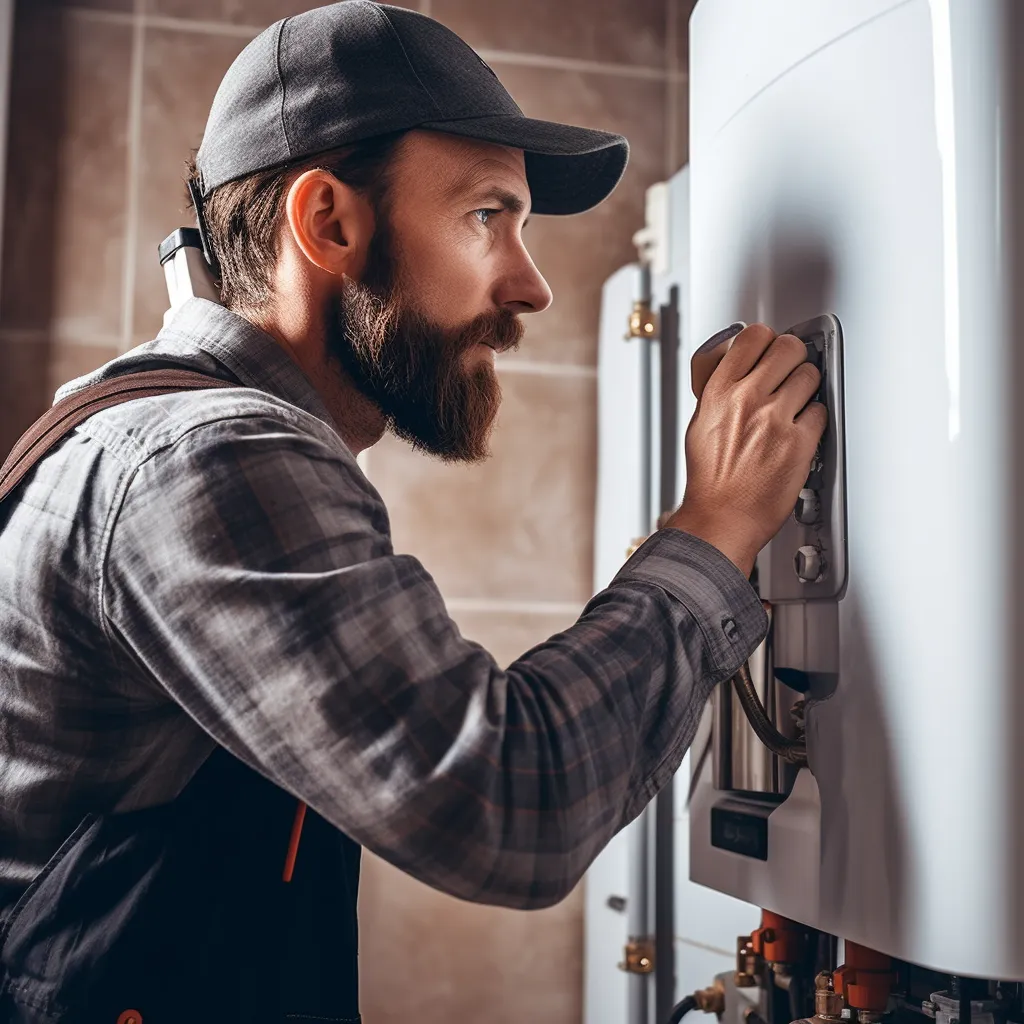
Benefits of a tank water heater
Tank water heaters are a great choice for many reasons. They provide significant benefits that make them a popular option for homeowners.
A more budget-friendly option to consider when it comes to water heaters are the traditional tank models.
A water heater with a larger storage capacity is beneficial for homeowners as it ensures a consistent and uninterrupted flow of hot water.
Tankless water heaters have a higher probability of malfunctions, which can be quite frustrating for homeowners.
Lower maintenance costs can lead to savings on repair expenses in the long run.
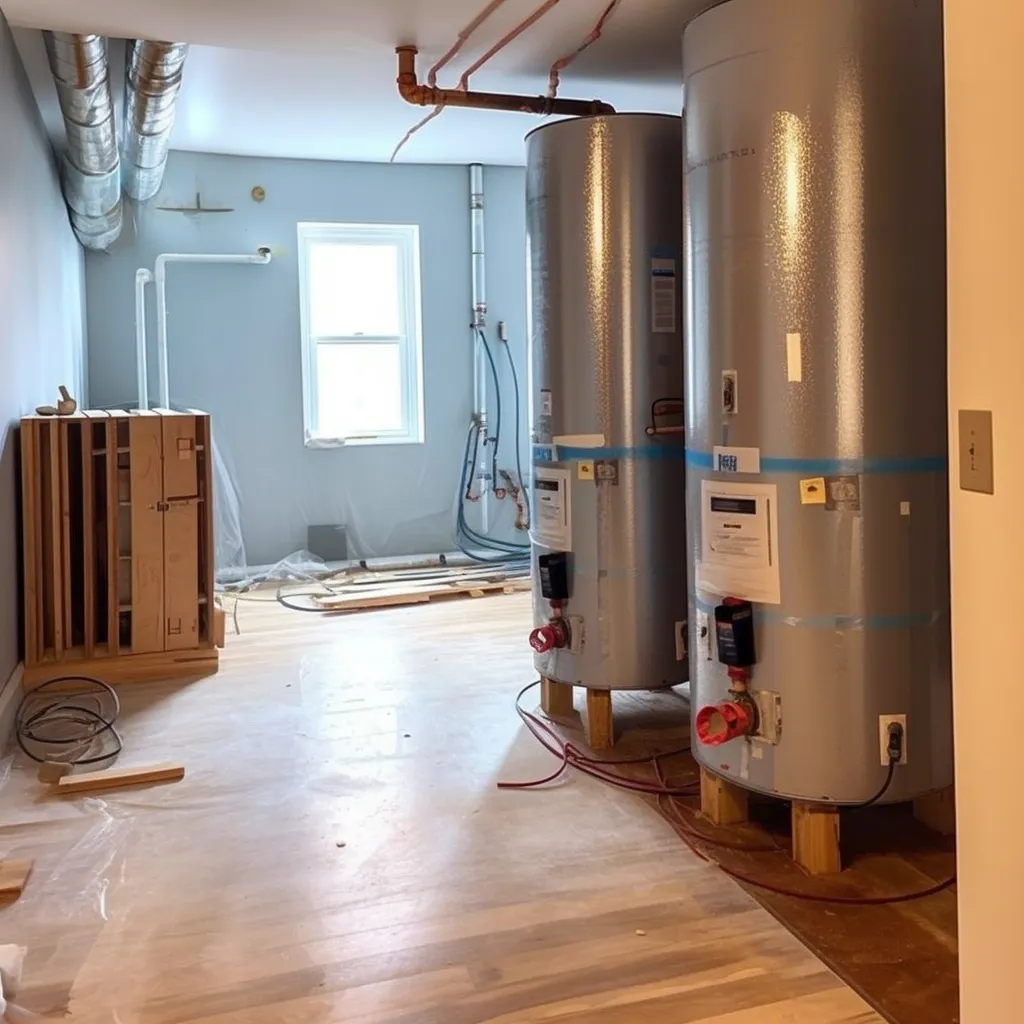
Drawbacks of a tank water heater
Tank water heaters have a number of drawbacks:
Tank heaters require more space compared to tankless heaters. This can be problematic for homes with limited space availability.
Older models of tank water heaters tend to be less efficient. This means that they consume more energy, leading to higher utility bills in the long run.
Tank water heaters usually only last between 8 and 12 years, while tankless systems can continue running efficiently for up to 20 years. This is why tankless water heaters are often considered a longer-lasting and more durable choice.
The inconvenience of running out of hot water can be frustrating, especially for households that use a lot of hot water or have multiple people using it.


What is a tankless water heater? How does it work?
Tankless hot water heaters are a great option for getting hot water right when you need it. Unlike regular water heaters, they heat the water as it moves through the system instead of storing it in a big tank. This means you can have hot water instantly whenever you want. Here's how they work: When you turn on the hot water, the cold water goes into the unit and flows through a heat exchanger. The heat exchanger warms up the water quickly, so you get hot water straight from the faucet without any waiting.
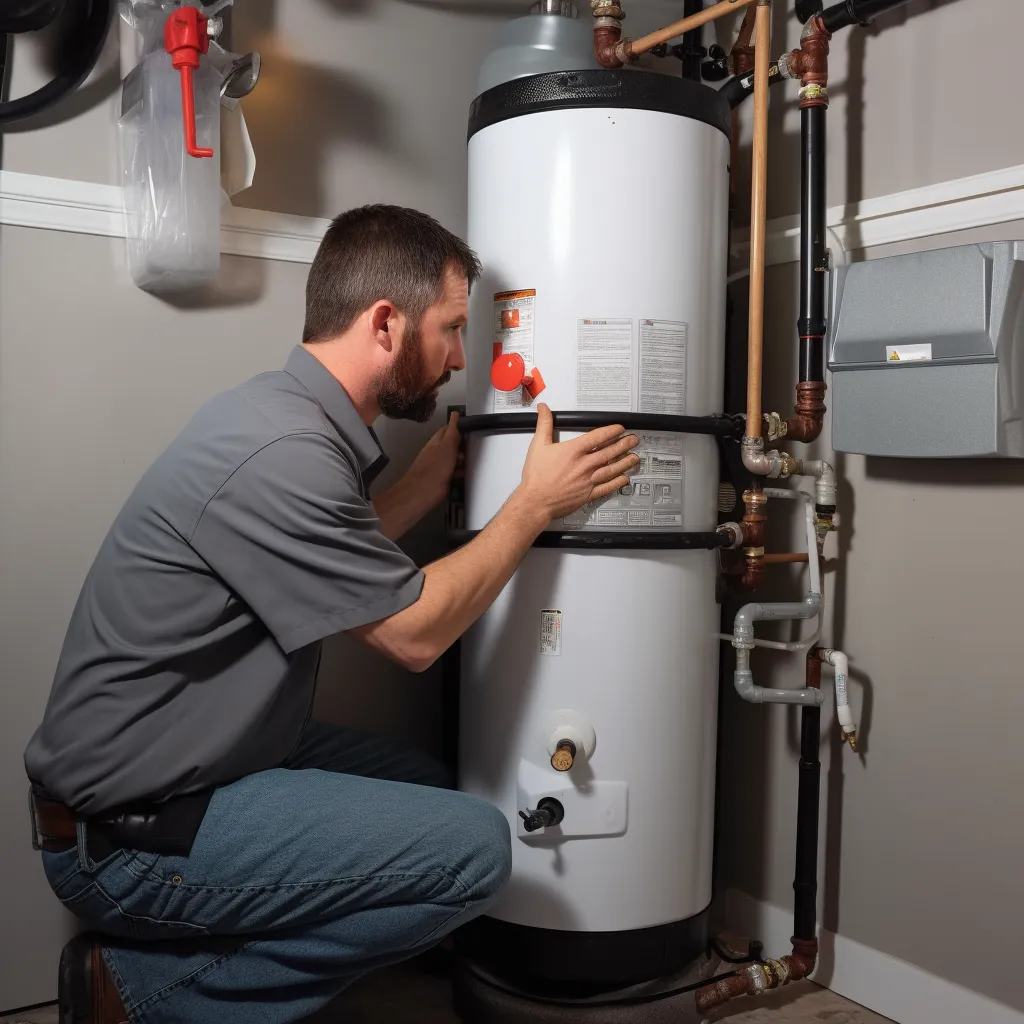
Tankless hot water heaters: an ideal solution
Tankless water heaters are becoming increasingly popular among homeowners across the country because of the many advantages they offer. These benefits include:
Energy-efficient water heaters are designed to minimize energy consumption, resulting in reduced utility bills and increased energy savings.
Never run out of hot water again with our endless supply of hot water.
Tankless water heaters have a space-saving advantage over traditional tank water heaters. Unlike their bulky counterparts, tankless water heaters require less space for installation
Tankless water heaters have a longer lifespan compared to traditional tank models, typically lasting 15-20 years.
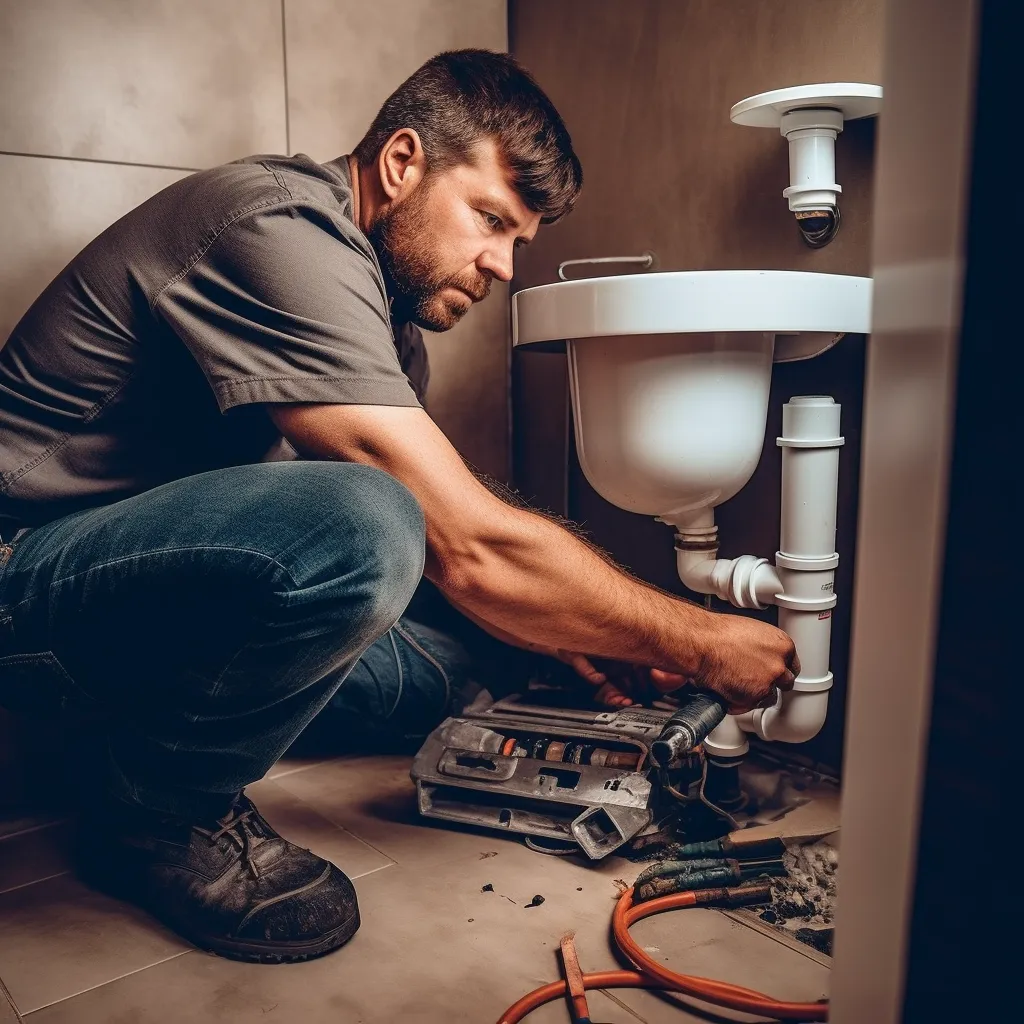
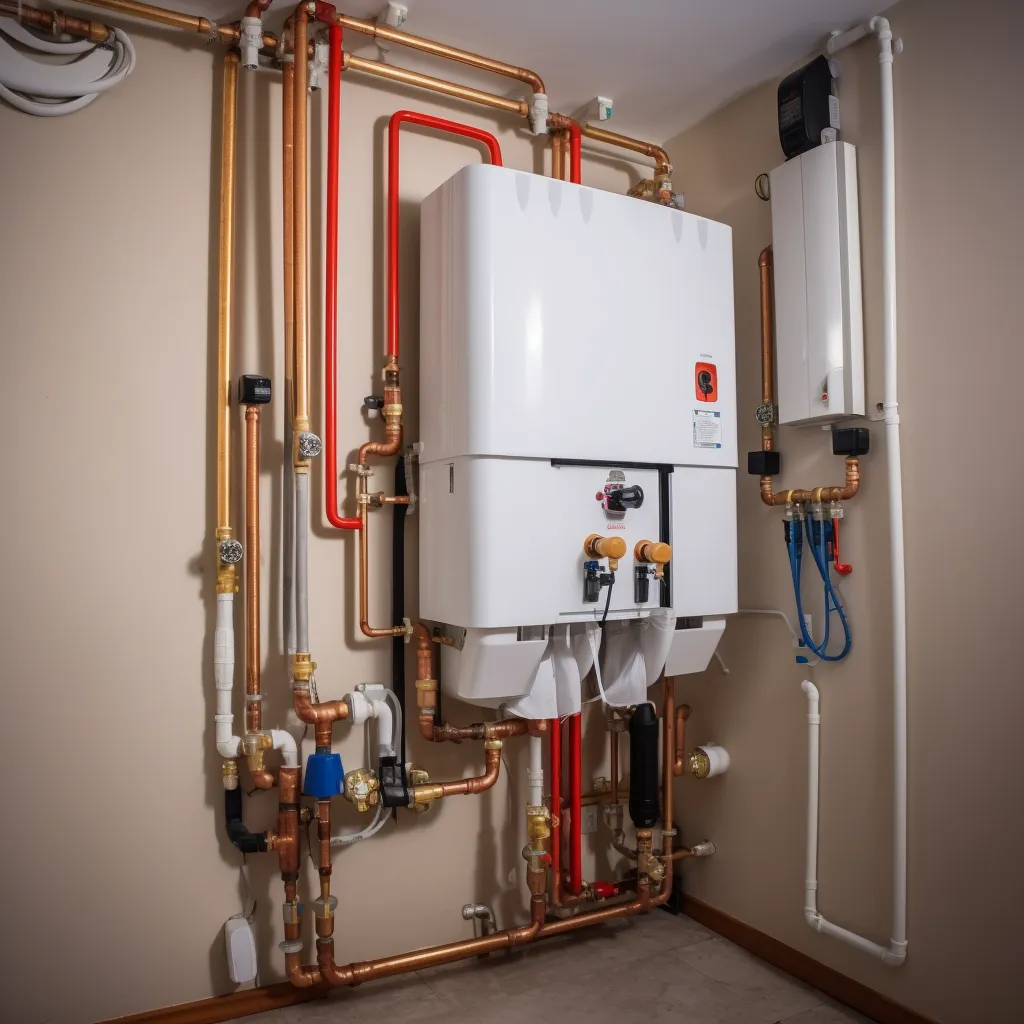
Are there disadvantages to tankless water heaters?
While tankless water heaters have their advantages, it is important to acknowledge that they also have a few downsides.
Tankless water heaters typically have a higher upfront cost when compared to traditional tank water heaters.
There might be potential limitations on the flow rate of a water heater.
Water heaters have specific installation and maintenance needs that are best handled by a professional.
One potential issue that homeowners may encounter with their water heaters is the "cold water sandwich effect."
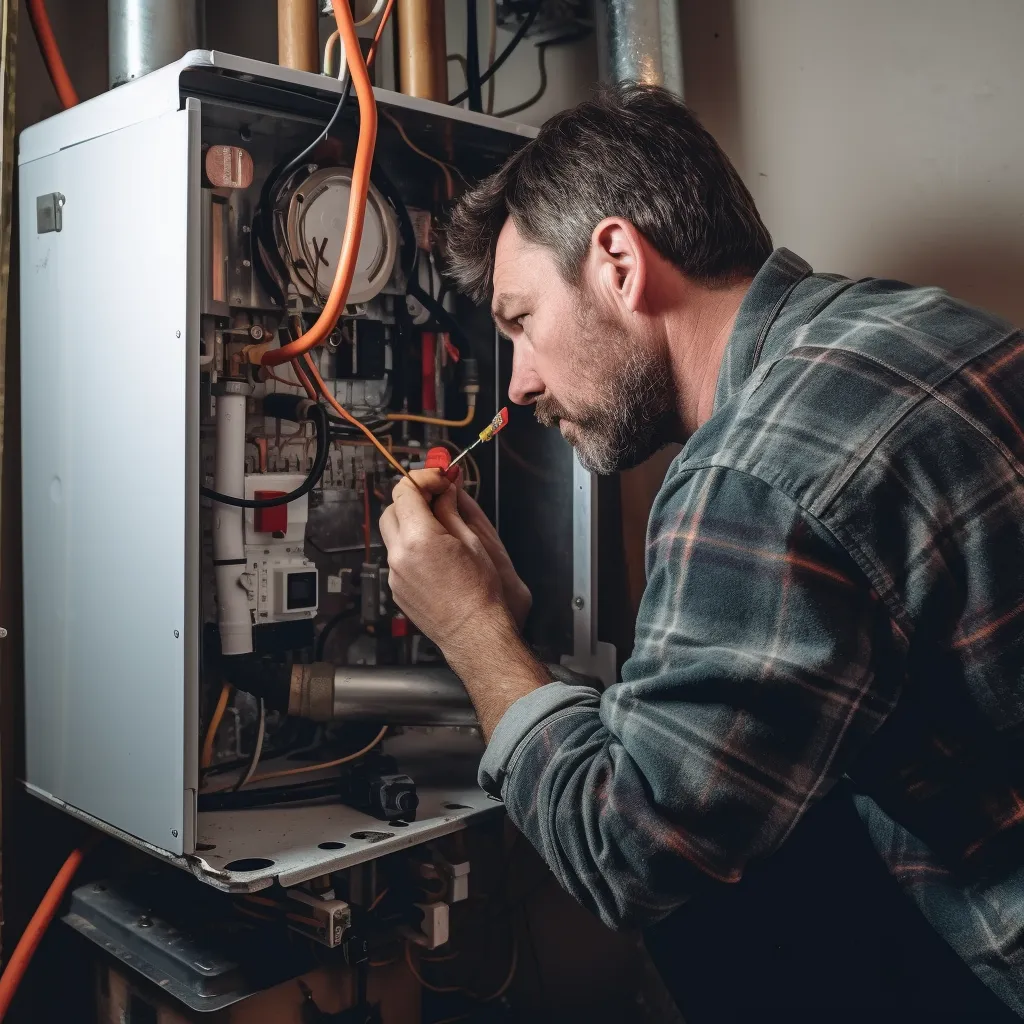
Are storage water heaters energy-efficient?
Traditional water heaters with storage tanks are widely recognized for their high energy consumption. They continually heat water, even when not in use, which decreases their energy efficiency. Nonetheless, newer tank models have upgraded insulation and heating systems, leading to greater energy savings. Although they may not be as environmentally friendly as other options, they still offer a dependable and pragmatic choice for numerous households.
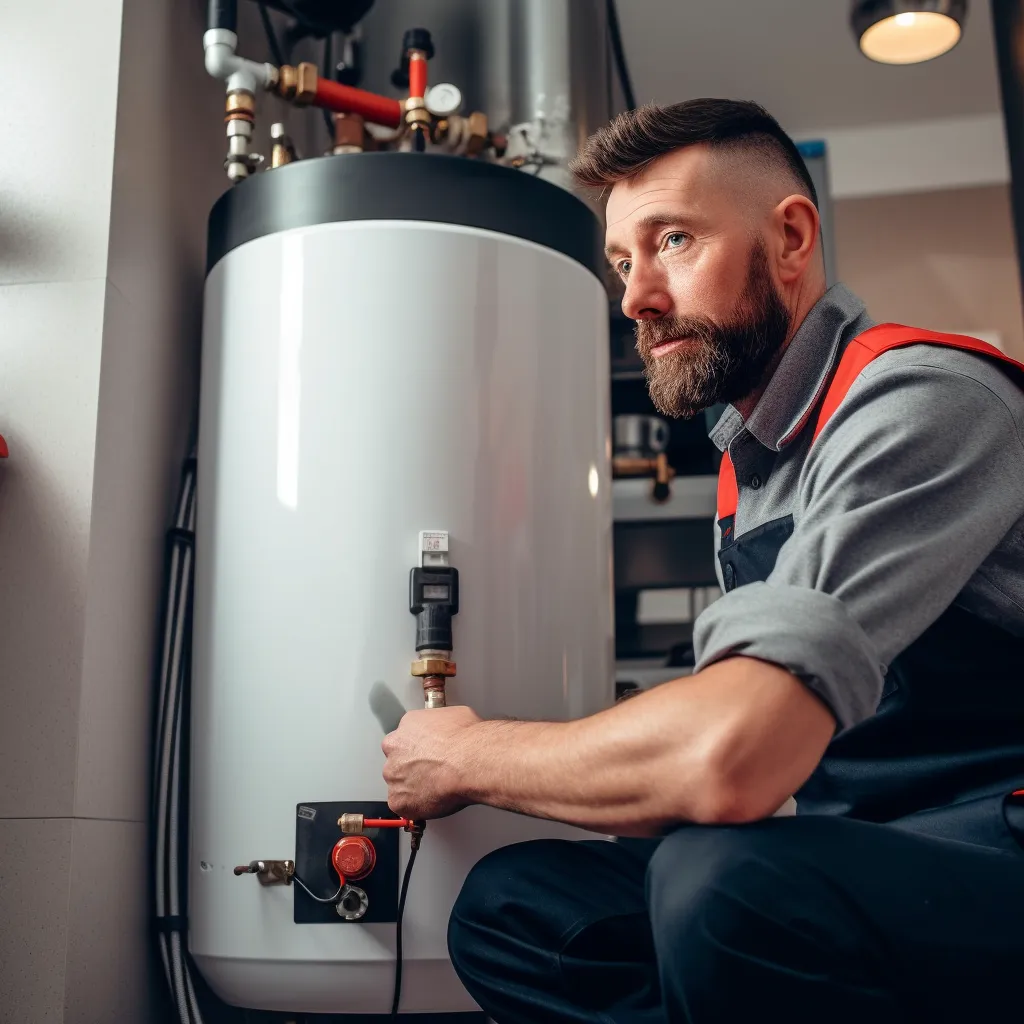
Can tankless water heaters be energy-efficient?
Tankless water heaters have gained popularity because of their energy-saving characteristics and affordability. These units can save up to 34% more energy compared to traditional tank-based models. Unlike traditional heaters, tankless heaters only heat water when it is needed, avoiding unnecessary energy consumption and lowering costs over time. As a result, homeowners find them to be a practical and cost-effective choice.
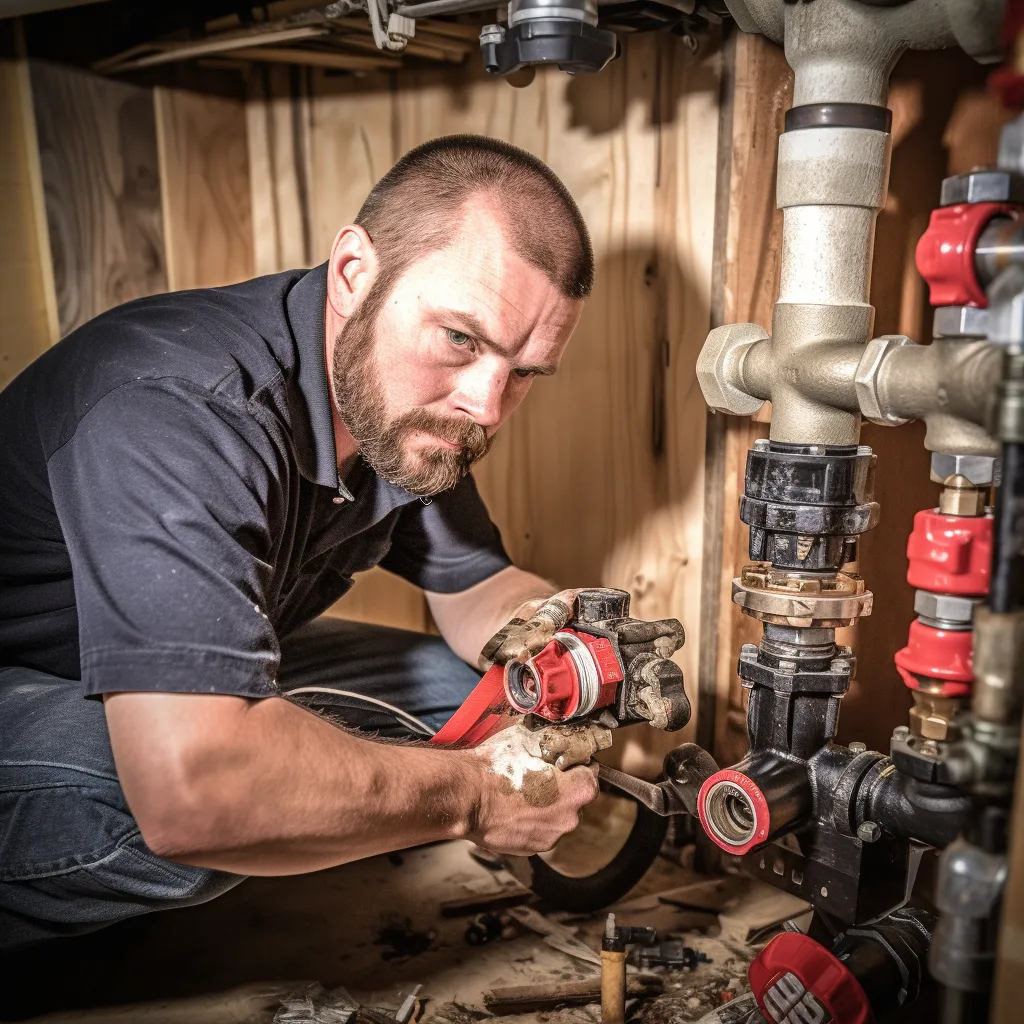
Cost for purchase and installation: tank water heater
The price of tank water heaters can differ depending on their size and type. Generally, they can range from $500 to $2,000. Keep in mind that choosing a more sophisticated model with extra features may raise the overall cost. The installation expenses can go up to $1,500, depending on the rates of local labor and the plumbing situation in your house. It's important to note that to install a tank water heater, you'll need a dedicated electrical circuit and a reliable gas line. Moreover, it is crucial to select a tank size that matches the hot water needs of your household, ensuring an adequate supply for everyone.
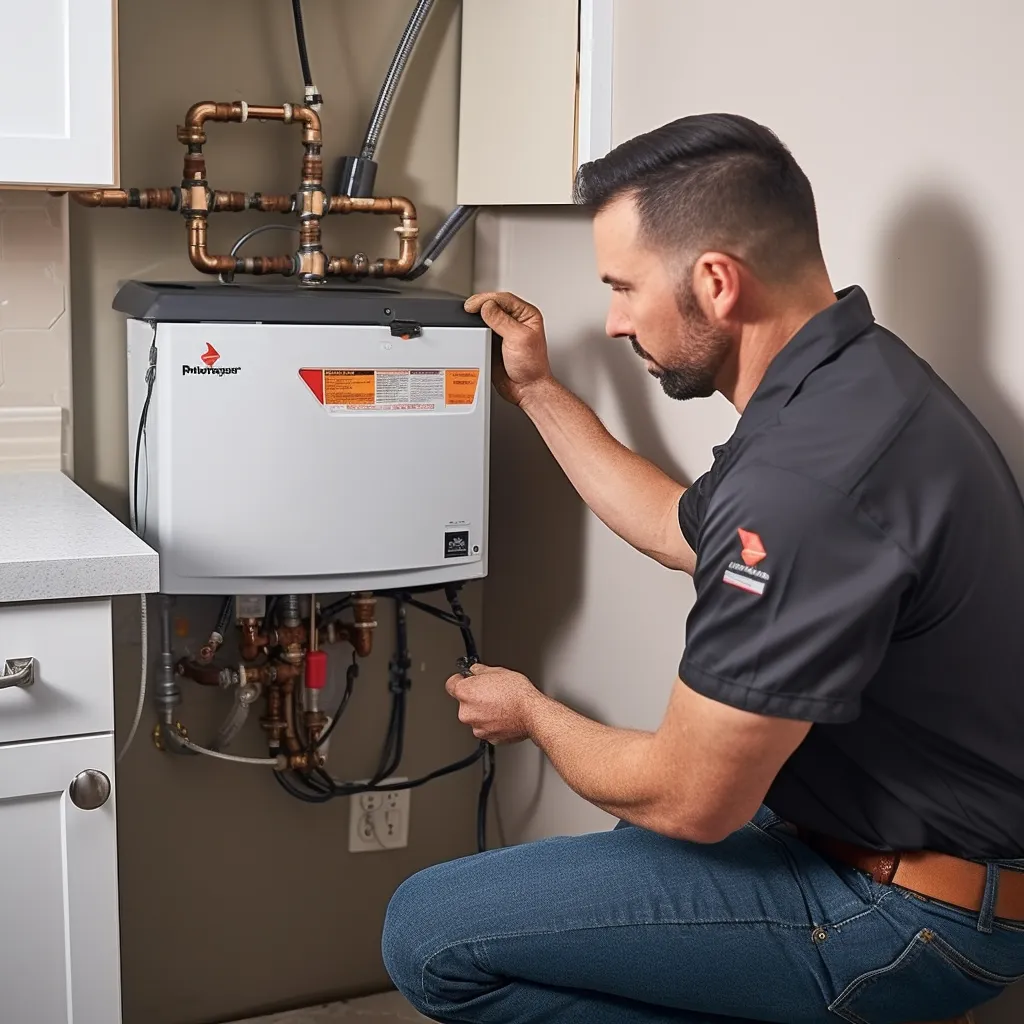
Cost for purchase and installation: tankless water heater
Tankless water heaters tend to be pricier than traditional models, with prices varying from $1,000 to more than $3,000. The installation expenses, influenced by factors like your home's plumbing and labor rates in your area, can range from $500 to $2,000. Unlike traditional water heaters, tankless units work without a storage tank and need a larger gas line and an electricity source. It's crucial to make sure that your home's infrastructure can handle the increased energy requirements of a tankless system. Choosing the right unit size based on your household's hot water needs is also important for optimal performance.
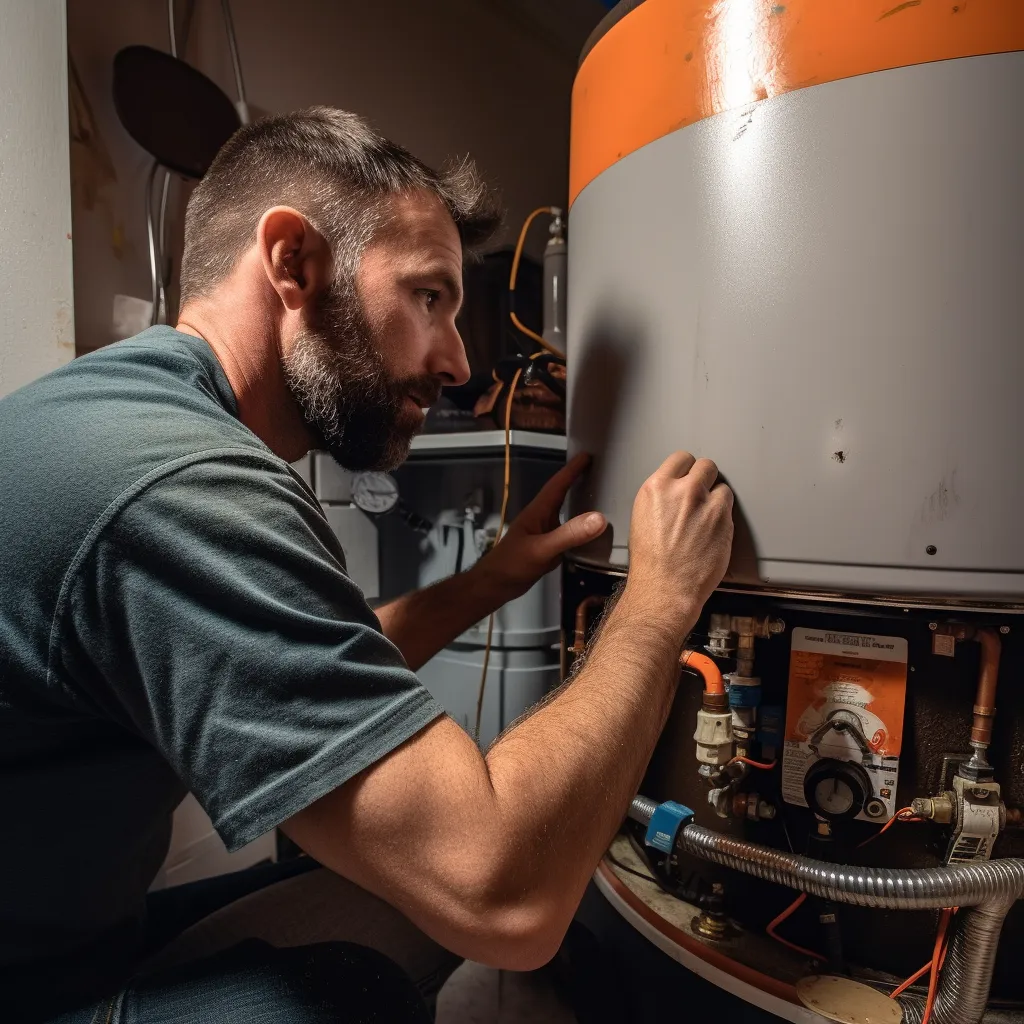
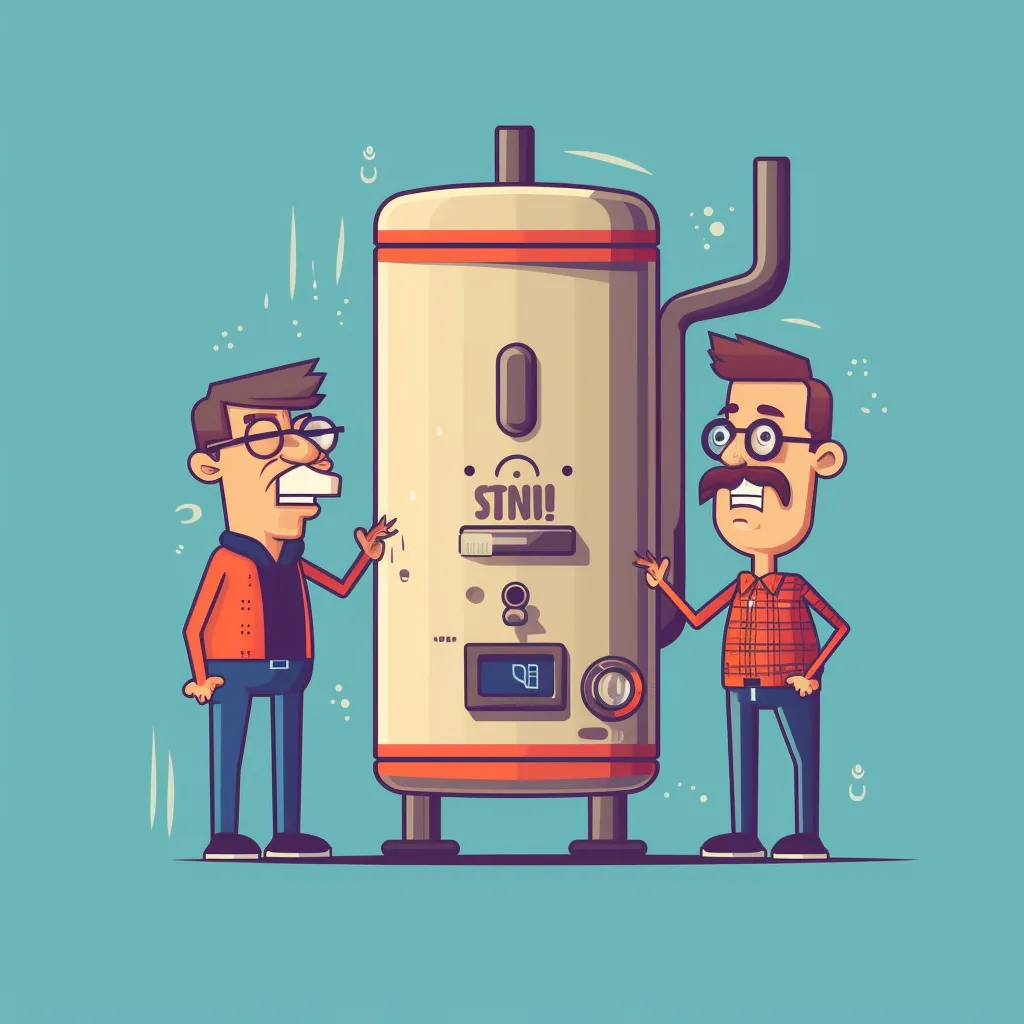
Common maintenance issues for storage tank heaters
Storage tank water heaters can encounter various maintenance issues that are commonly seen.
Regular inspections are crucial when it comes to preventing water damage and expensive repairs caused by a leaking tank. It is important to promptly identify and address any leaks that may occur.
Corrosion is a common issue that can occur in the tank of a water heater and its components. This can lead to a decrease in the efficiency of the system and may require costly repairs to fix.
Sediment buildup is a common issue with water heaters. Over time, sediment can gather inside the tank and cause various problems.
Proper installation of tank water heaters is essential to avoid safety risks like gas leaks or electrical shorts. Hiring a skilled plumber is crucial to guarantee the implementation of necessary safety precautions.
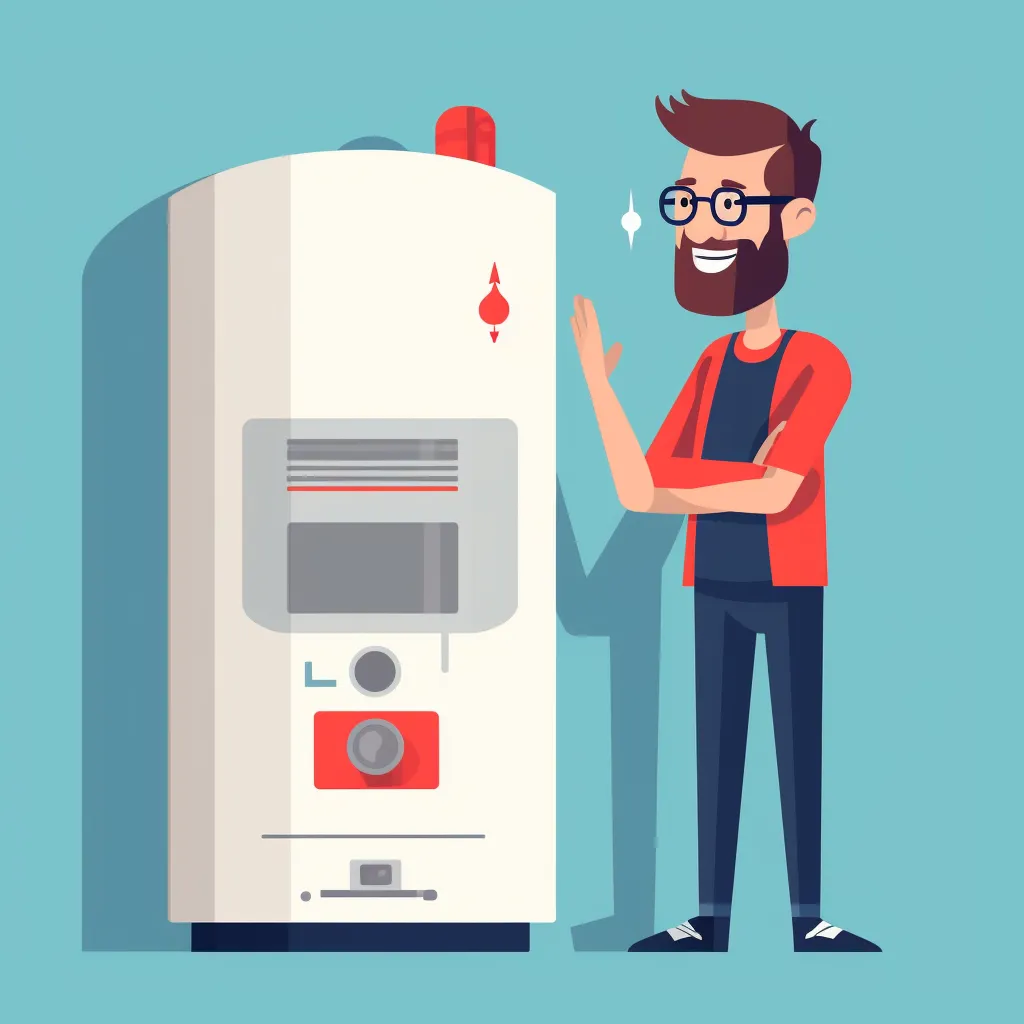
Common maintenance issues of tankless heaters
While tankless water heaters are generally low maintenance appliances, it is important to note that they are not immune to maintenance issues. Just like any other appliance in your home, tankless water heaters may require periodic maintenance to ensure optimal performance and longevity. By properly maintaining your tankless water heater, you can minimize the risk of any potential issues and help it operate smoothly for years to come.
Tankless water heaters, just like tank-based systems, can be prone to sediment buildup over time. This buildup of sediment can cause a decrease in efficiency and even lead to potential damage.
When your water heater is exposed to hard water, it can lead to the formation of scale buildup.
Tankless water heaters have a greater demand for electricity compared to conventional water heaters.
Tankless water heaters usually need a bigger gas line. It’s crucial to make sure that the gas line is installed securely and has no leaks.
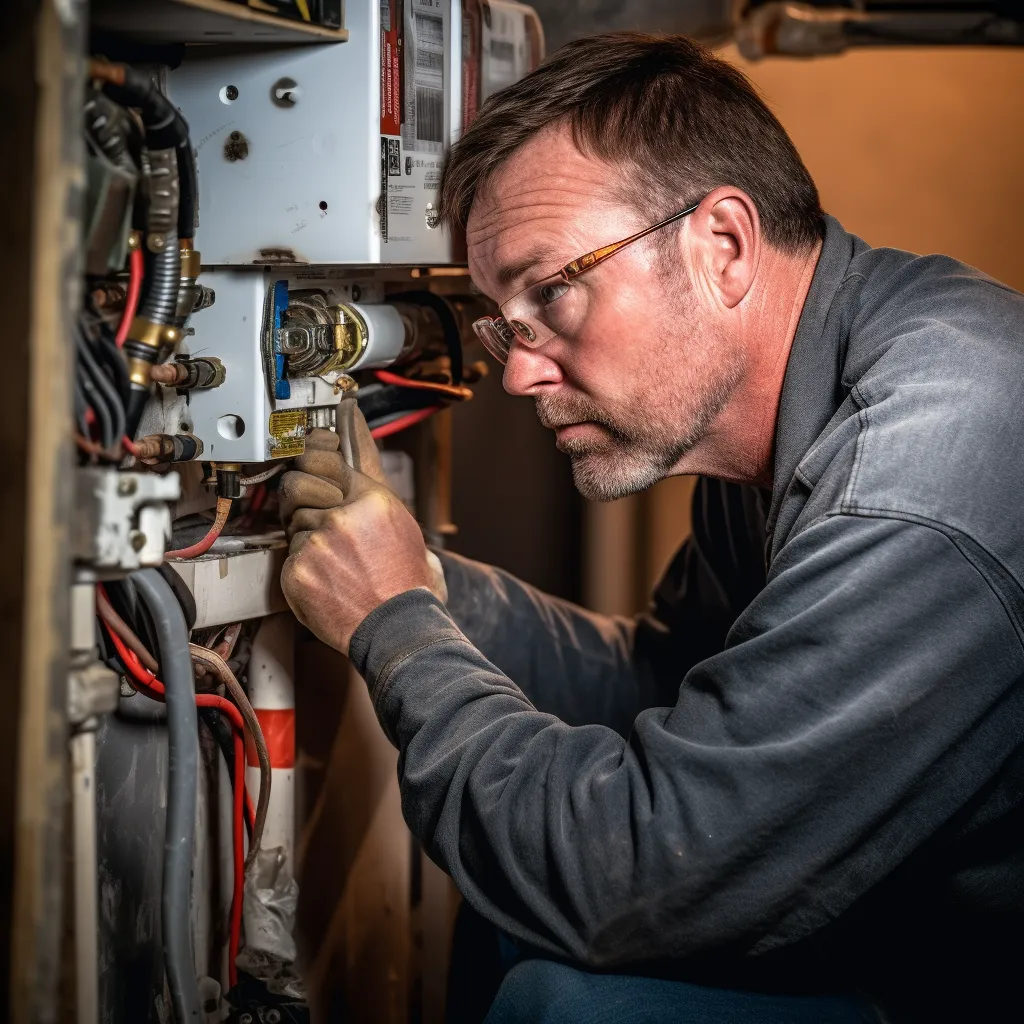
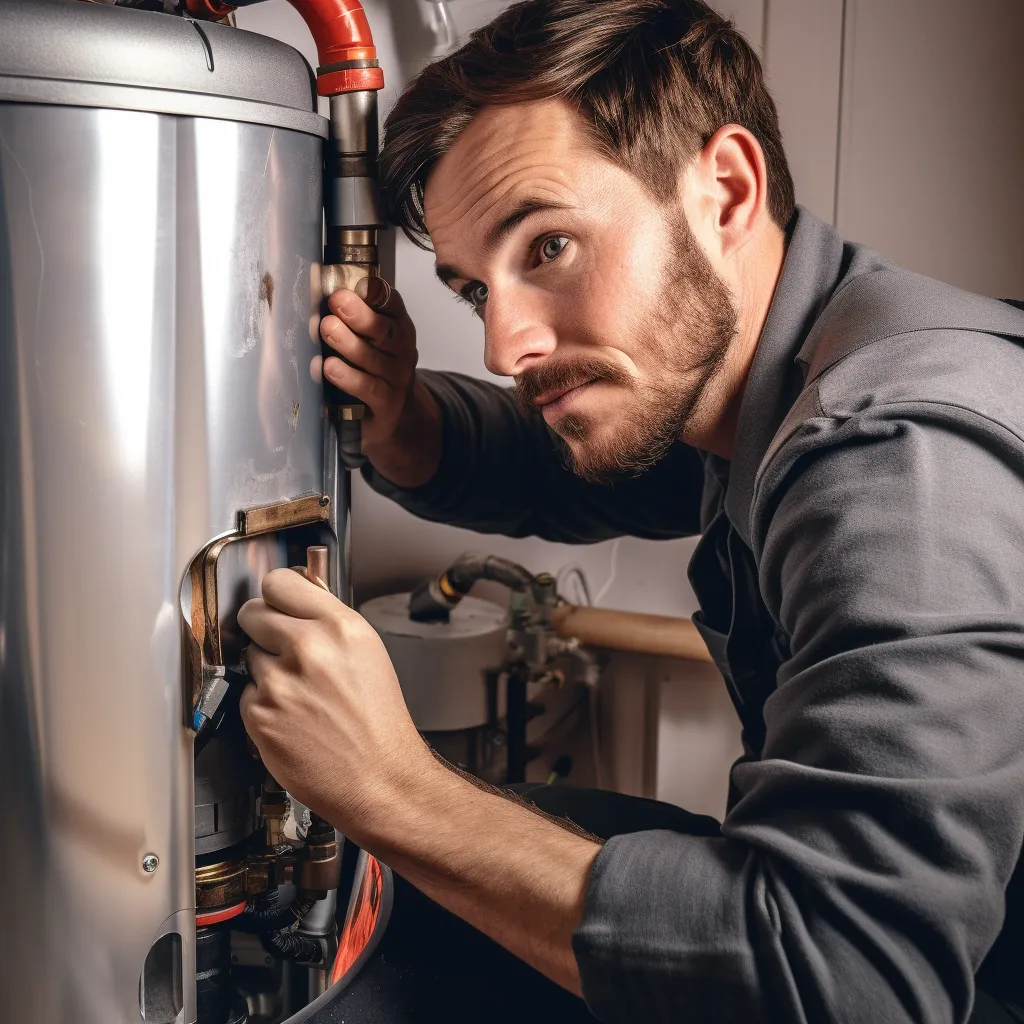
Lifespan of a tank water heater
Tank water heaters generally have a lifespan of 8-12 years, although this can vary depending on factors such as how often they are used, their quality, and how well they are maintained. If you start to notice any signs that your water heater is reaching the end of its lifespan, it's important to take action. Keep an eye out for things like rust-colored water, leaks, lower water temperature, or strange noises coming from your water heater. If you spot any of these signs, it's best to get in touch with a professional who can assess the situation and provide the necessary repairs or replacements.
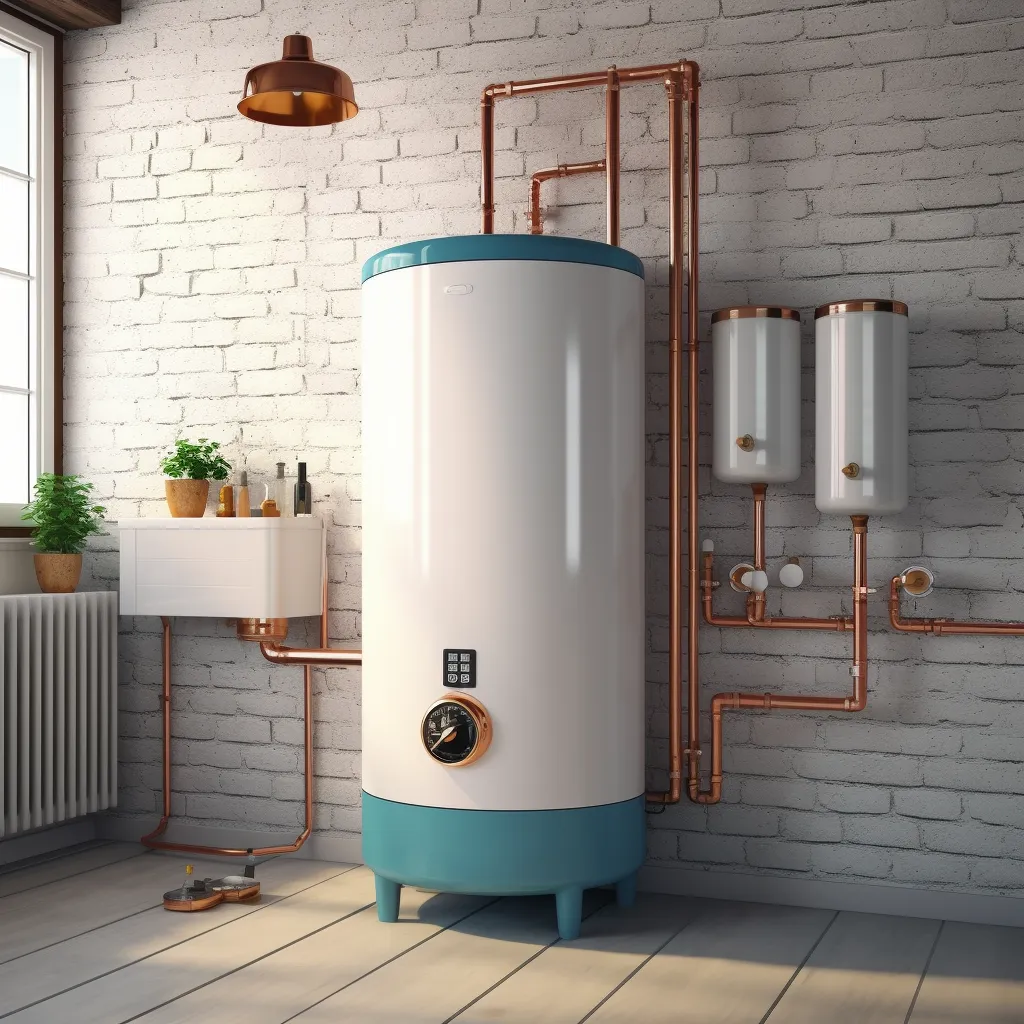
Lifespan of a tankless heater
Tankless water heaters are a smart and budget-friendly option for long-term use. By taking good care of them, you can expect them to last for about 15-20 years on average. These units are becoming increasingly popular, and with continuous technological advancements, they are expected to perform even better in the future.
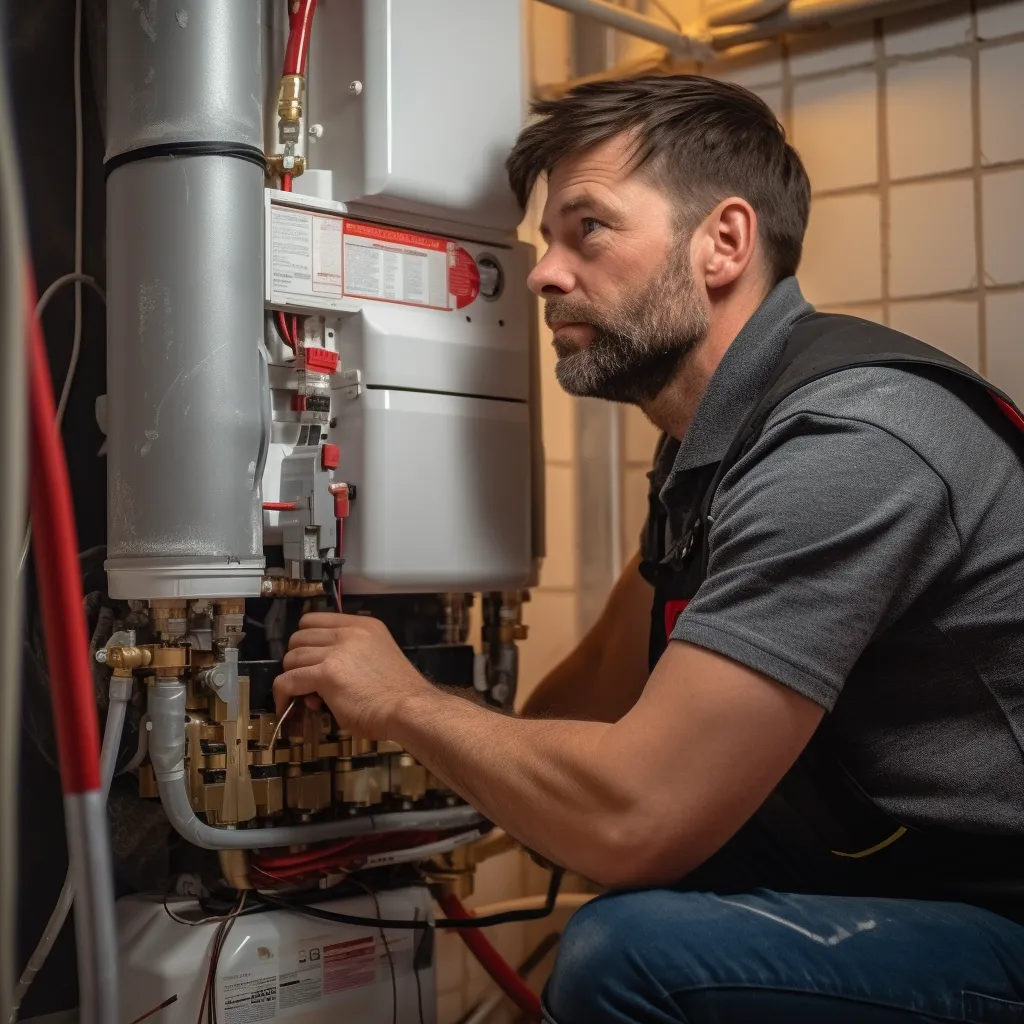
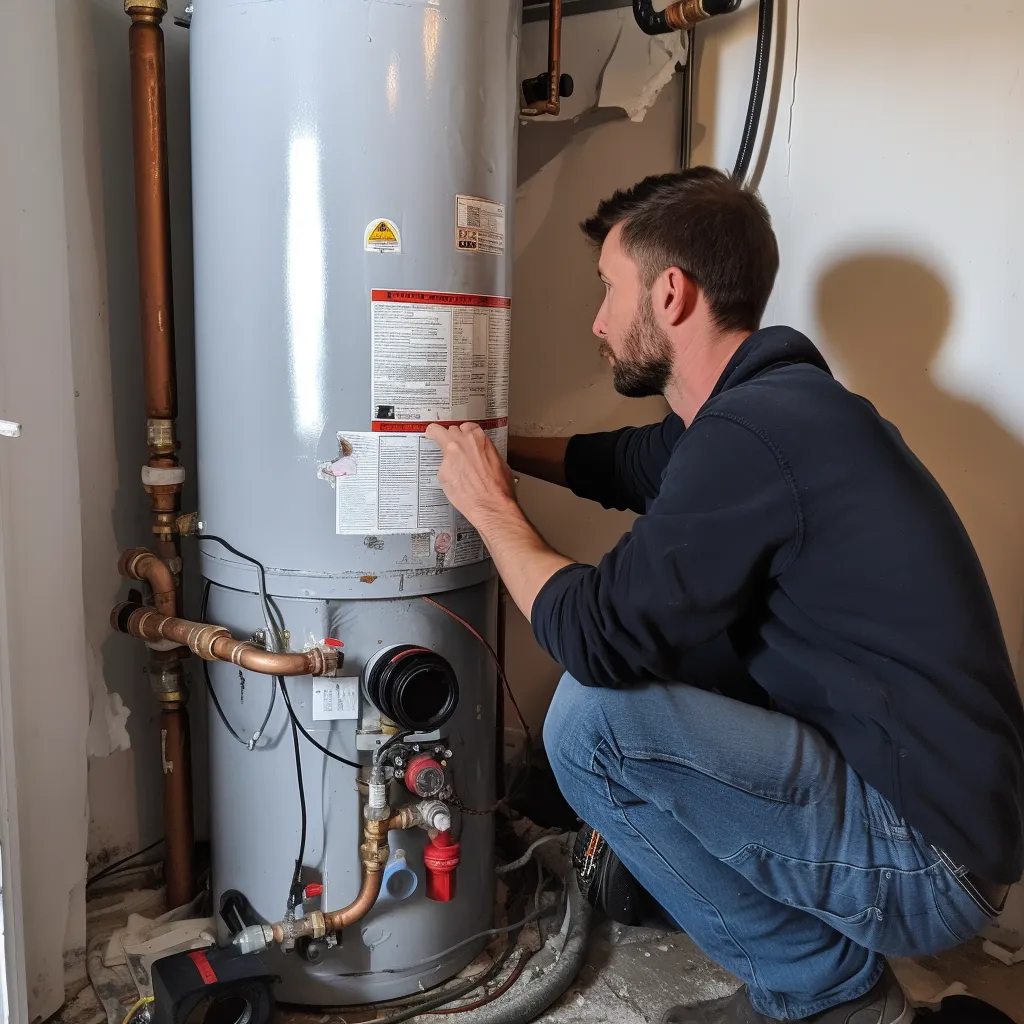
Gas vs electric water heaters
When it comes to selecting a water heater, it is important to consider the two main options available: gas or electric. Gas water heaters have the advantage of heating water at a faster rate and have lower operating costs. However, it is worth noting that gas models require regular maintenance and access to a gas line. On the other hand, electric water heaters are easier to install but may have higher operating expenses and slower heating times. Ultimately, the choice between gas and electric water heaters depends on your individual needs and preferences.
Which one is right for you?
When deciding between a tankless or tank water heater, consider the following factors:
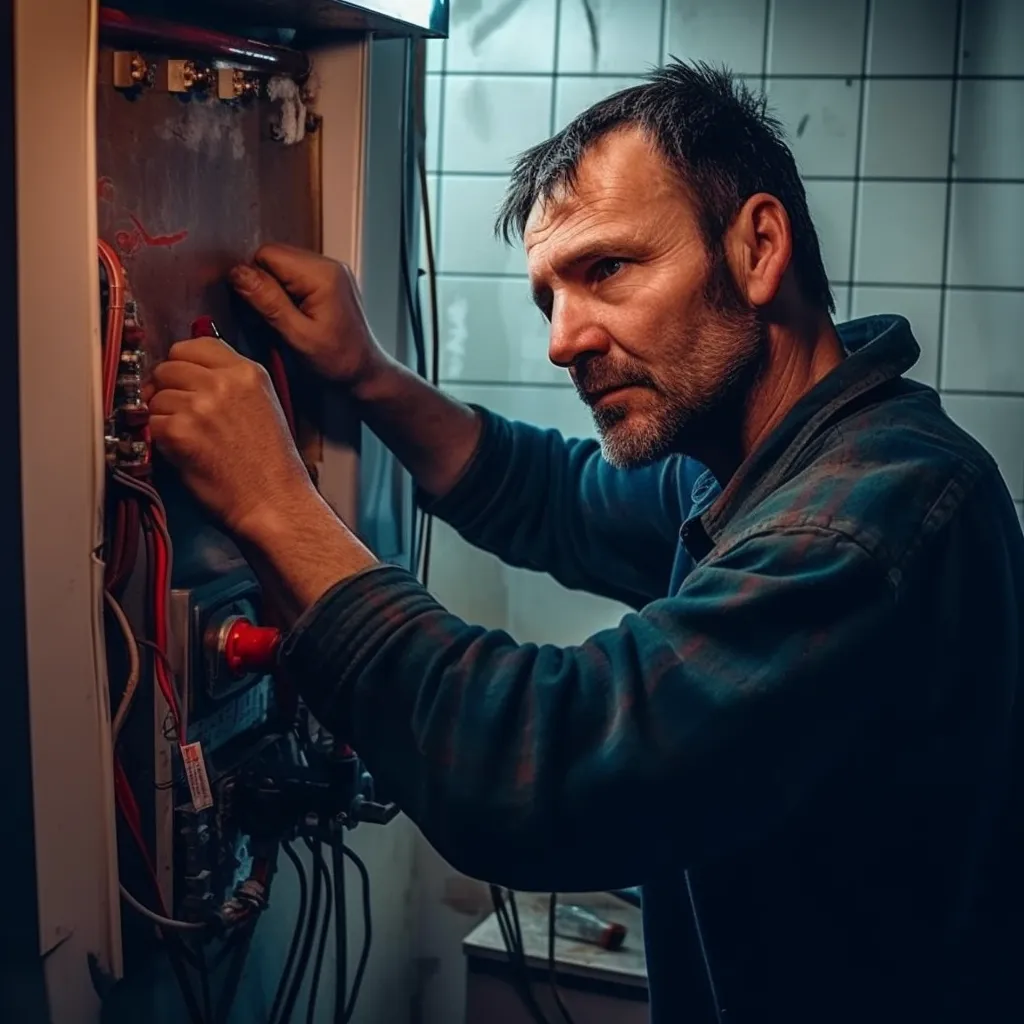
It is important to note that tankless water heaters generally have a higher initial cost compared to traditional tank models.
Before making a decision on what type of water heater to choose, it's important to assess your hot water usage needs.
Consider which option can provide better energy savings over time.
It is important to take into consideration the climate of your area.

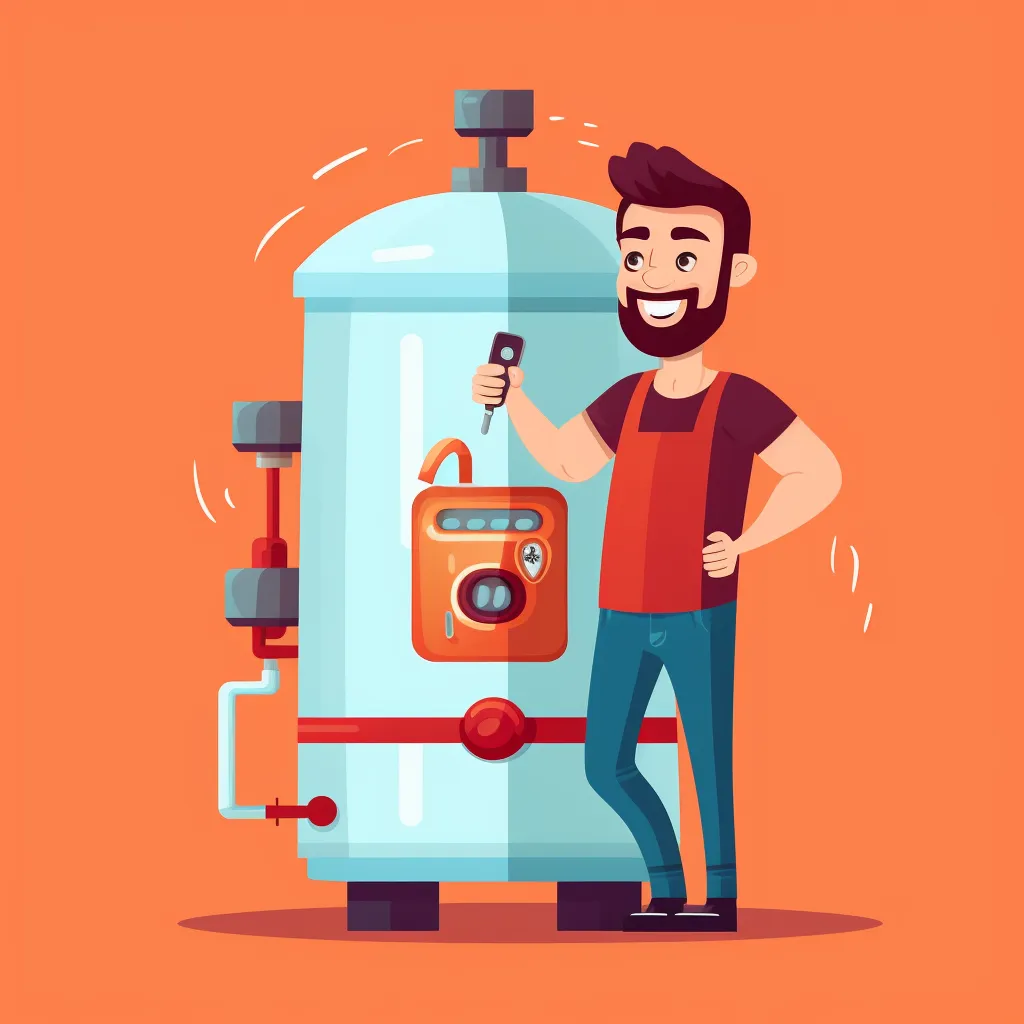
Hiring a licensed professional is crucial for water heater installation and repair
It is highly recommended to hire a licensed professional for the installation of a new water heater. They have the necessary knowledge and expertise to ensure that the installation is done in compliance with building codes and regulations. Additionally, they can provide expert advice on the most suitable type and size of water heater for your specific requirements. By hiring a professional, you can avoid potential hazards and have confidence that the installation is being done correctly and safely.

When comparing tankless and tank water heaters, it is crucial to conduct thorough research
When selecting a water heater for your house, you have two options: a tank or a tankless model. To make a wise choice, think about your specific needs, budget, and installation requirements. Take the time to carefully study and assess these factors before making a decision. Getting a new water heater can greatly benefit your home by lowering energy expenses and ensuring an uninterrupted supply of hot water. Research various types of units, including their energy efficiency ratings, to make an informed decision. Good luck in the decision-making process!

Contact Us
